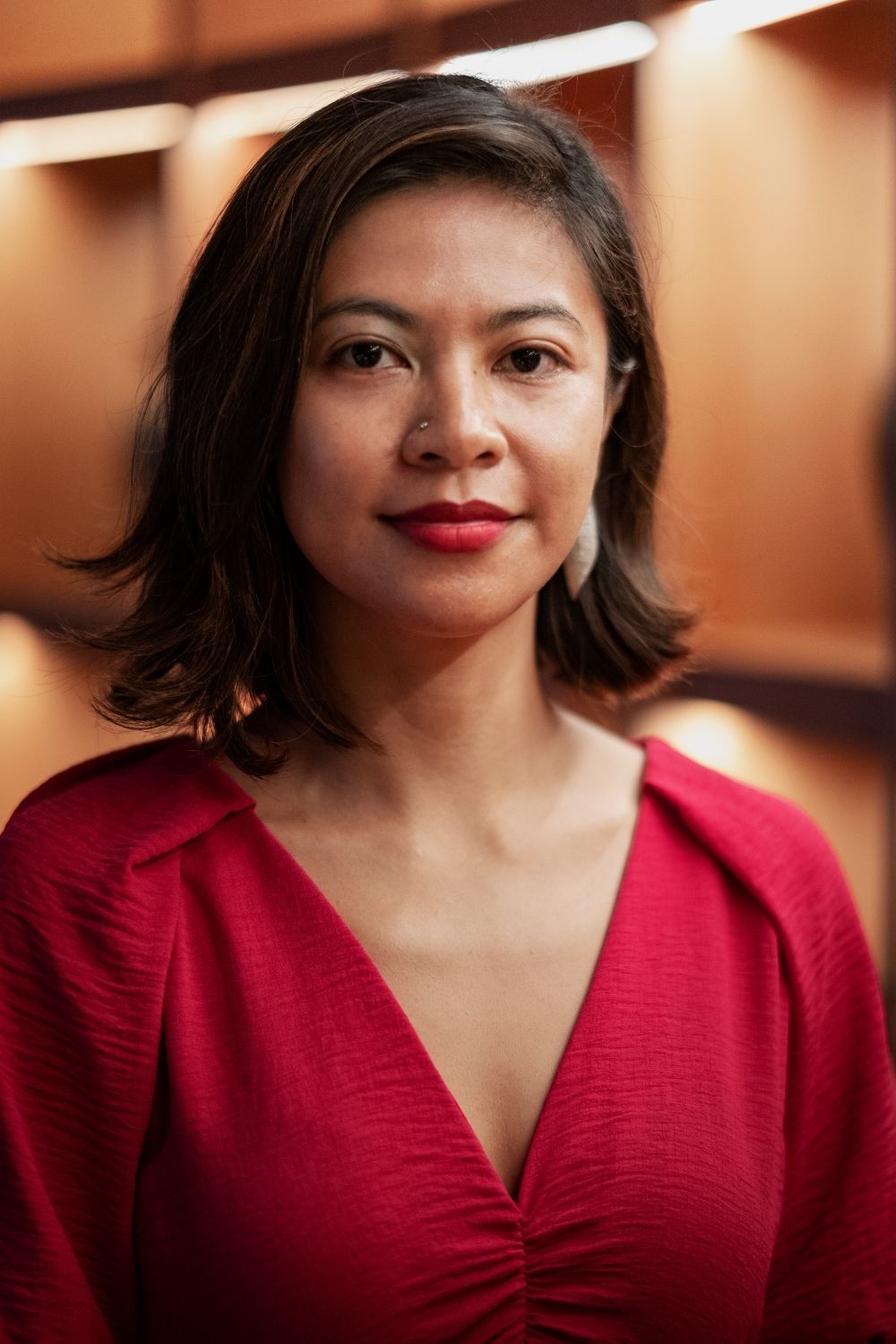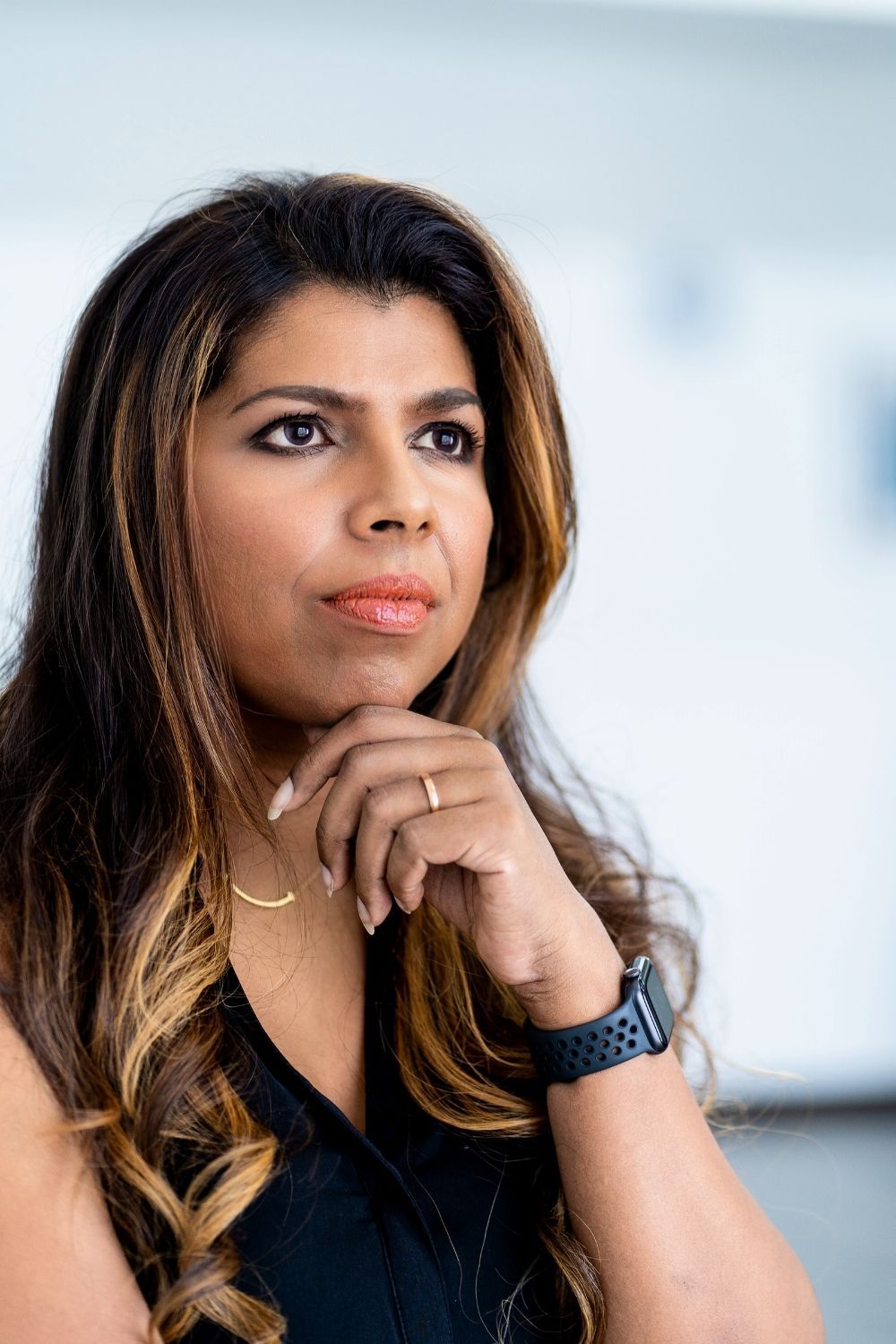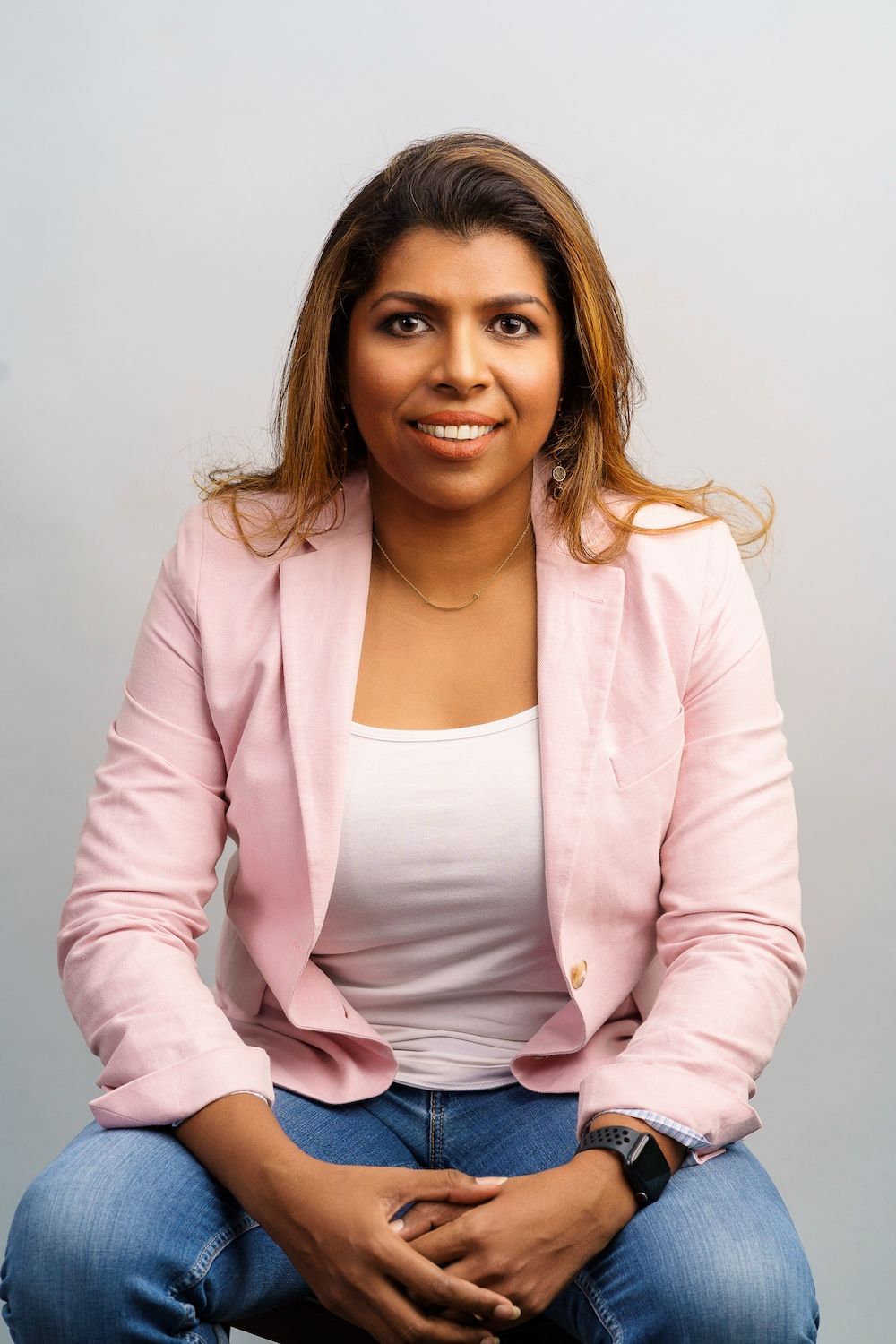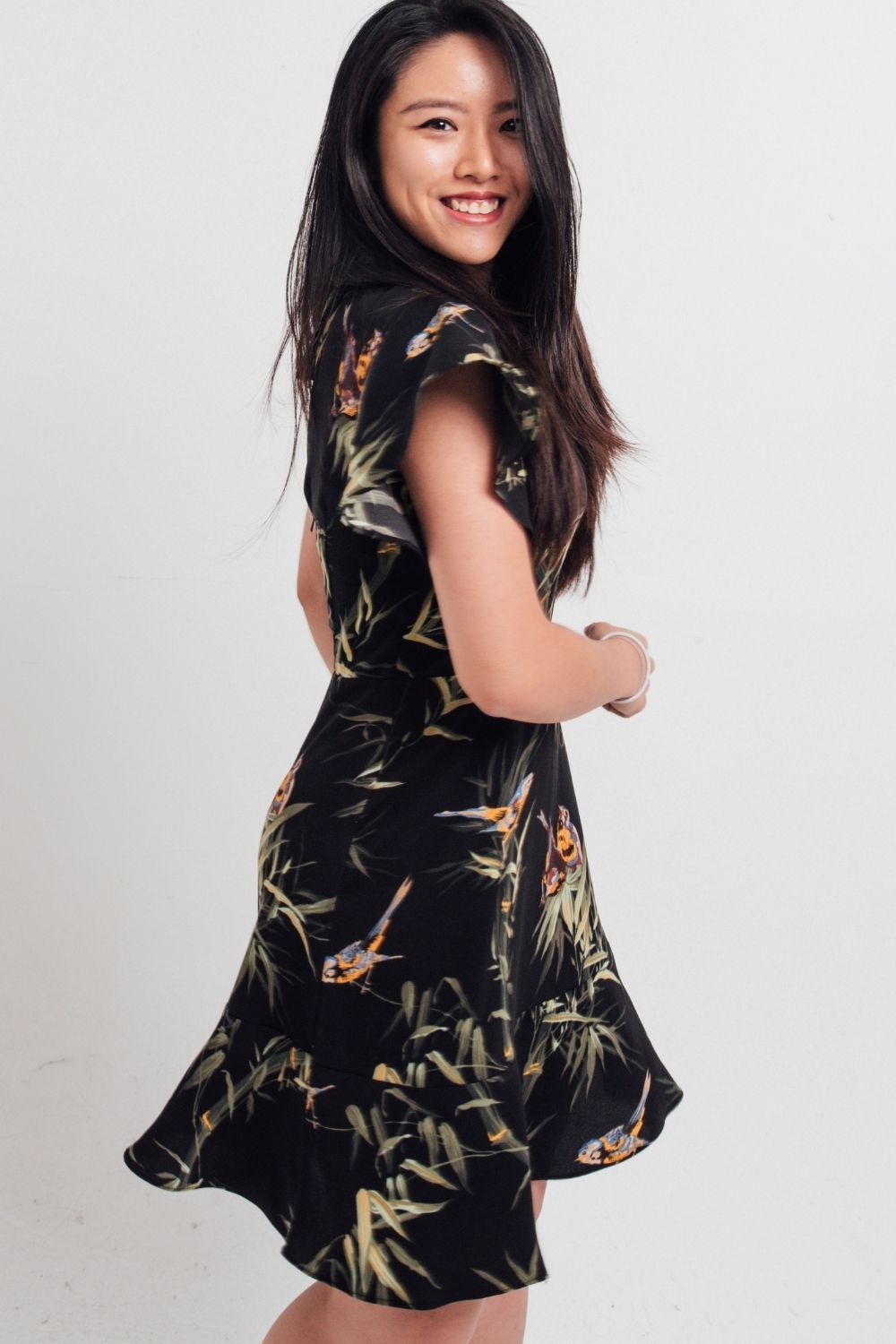Three leaders from healthcare, tech and data analytics share what motivates them to succeed
There are a million ways to fail at something. The famous American inventor Thomas Alva Edison, known for a considerable number of blunders before his literal lightbulb moment, might instead call it a million ways to learn how not to do things. For many, the fear of failure can often be the greatest barrier to speaking out, taking risks or daring to dream big when the odds aren't in your favour.
And though the odds haven't entirely been in favour of women when it comes to attaining senior leadership positions in top ranking companies in Malaysia, the country has indeed seen a slow but steady increase in the number of females who occupy C-suite positions in business.
Ahead of International Women's Day 2022, Tatler hears from three extraordinary women, a young hospital CEO recently named among Forbes Asia's 20 most powerful businesswomen in 2021 and an athlete-turned-tech startup leader and a data analytics doyenne, on battling self-doubt, managing gender bias in the workplace and setting priorities.
Nadiah Wan, Group CEO of TMC Life Sciences

I think youth grants a kind of fearlessness because you think, 'the worse that can happen is I fail, so I'll just start again.




